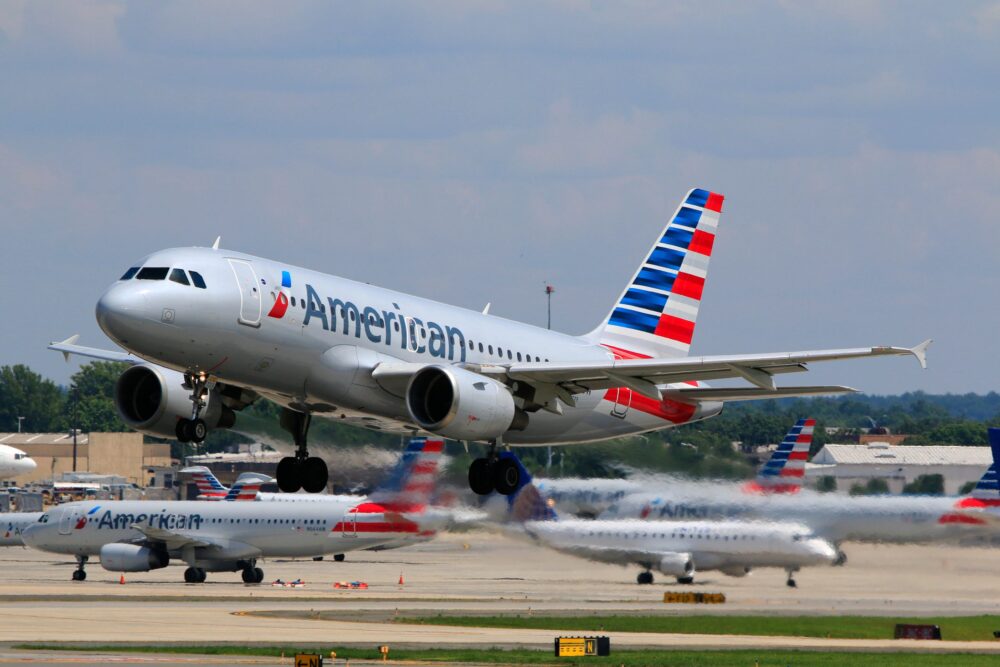American Airlines is investing $100 million in a new green technology fund led by tech icon Bill Gates. The technology fund is aimed at supporting research into how technology can lower carbon emissions.
The Breakthrough Energy Catalyst fund will provide low-interest loans and other low-cost investments to kickstart green technology projects. Along with American Airlines, other high-profile corporations like Microsoft, Bank of America, Blackrock, and General Motors also signed into the technology fund on Monday, Sept. 20.
“Climate change is an acute and imminent challenge, and it certainly is for aviation,” said Jill Blickstein, who manages the company’s environmental efforts at American Airlines. “Other sectors of transportation have a path to decarbonize, but aviation doesn’t have that.”
The booming electric vehicle industry is not a realistic option for American Airlines and the aviation sector in general. Following American Airlines’ decision to invest up to $1 billion in a U.K.-based maker of experimental, short-range airplanes, CEO Doug Parker admitted that there isn’t an electric solution available for transporting hundreds of people over thousands of miles as commercial airplanes do.
When announcing the partnerships, Gates said, “Avoiding a climate disaster will require a new industrial revolution. […] Half the technology needed to get to zero emissions either doesn’t exist yet or is too expensive for much of the world to afford.”
American Airlines are already being powered by alternative fuel. They are using a mix of regular jet fuel and sustainable aviation fuel in their planes departing from San Francisco International Airport. American Airlines has committed to buying around 9 million gallons of sustainable aviation fuel within the next three years.
The entire sustainable aviation fuel industry only produces about 4.5 million gallons a year, and sustainable aviation fuel is about three to five times more expensive than conventional jet fuel. This means airlines not only need more production of sustainable aviation fuel, but they also need it at a lower price.
“We need the SAF market to grow by thousands of times relative to what it is today,” Blickstein said. “There are fuels made from waste oils, but the production capacity we need doesn’t exist yet.”
Dallas-based Southwest Airlines, Chicago-based United, and Atlanta’s Delta Air Lines are American Airlines’ competitors that have also made sustainable aviation fuel commitments.

